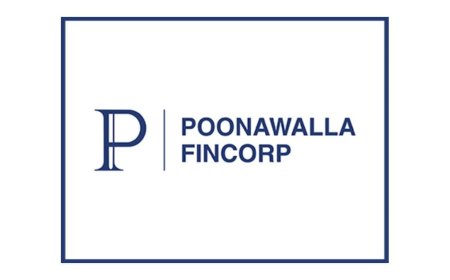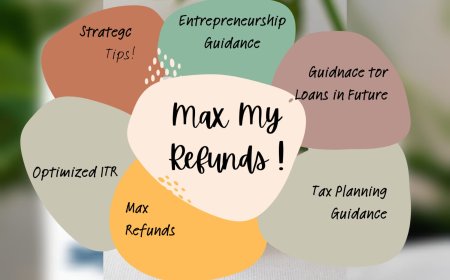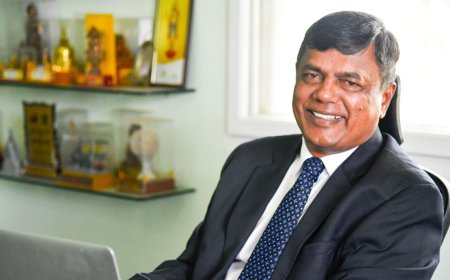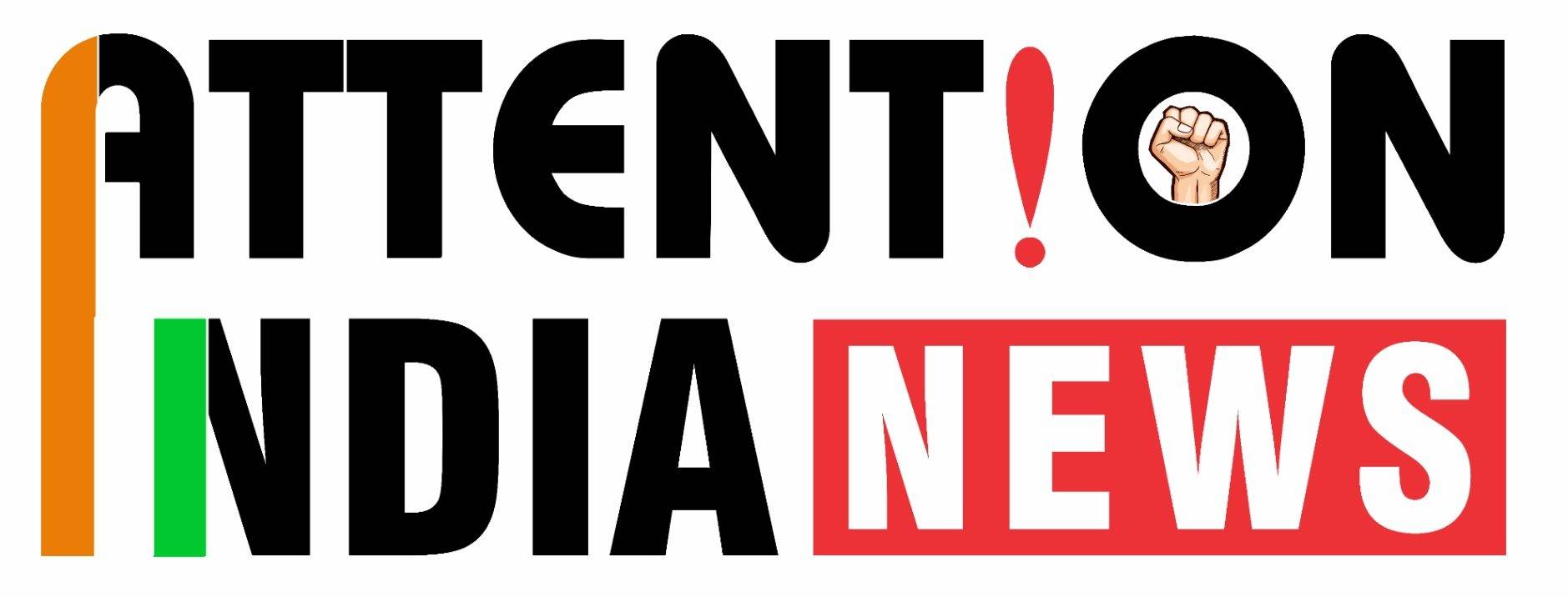Donald Trump Weighs TikTok Risks Amid Facebook Rivalry
Former President Donald Trump recently shared his concerns about the national security implications of TikTok, a Chinese-owned social media platform. However, Trump's remarks also shed light on the p...

Former President Donald Trump recently shared his concerns about the national security implications of TikTok, a Chinese-owned social media platform. However, Trump's remarks also shed light on the potential unintended consequences of banning TikTok, particularly about strengthening competitors like Facebook.
Trump's Stance on TikTok:
In a statement to CNBC's "Squawk Box," Trump acknowledged both the positive and negative aspects of TikTok. While he recognized the platform's popularity among users, he also highlighted the need to prioritize American privacy and data protection.
The complexity of the Decision:
Trump underscored the difficulty of the decision to ban TikTok, acknowledging the platform's widespread appeal, particularly among young users. He emphasized the nuanced balance between addressing national security concerns and preserving consumer choice and competition in the social media landscape.
Implications for Facebook:
One of Trump's notable assertions was the potential unintended consequence of a TikTok ban: the strengthening of Facebook's position. He referred to Facebook as an "enemy of the people" and expressed concerns about its impact on elections and societal well-being. Trump's remarks highlight the intricate dynamics between major social media platforms and their influence on public discourse.
TikTok's Rise and Privacy Concerns:
TikTok's meteoric rise in popularity, fueled by short, viral videos, raised concerns about user privacy and data security. The platform's Chinese ownership, under ByteDance, led to apprehensions about potential access to user data by the Chinese government. These concerns prompted actions by governments, such as India, which banned TikTok and other Chinese apps for national security reasons.
National Security Considerations:
The debate surrounding TikTok reflects broader concerns about national security in the digital age. As governments grapple with the implications of foreign-owned platforms on user data and privacy, decisions regarding their usage become increasingly complex and politically charged.
Facebook's Role and Competition:
Trump's remarks underscore the rivalry between TikTok and Facebook, two of the largest social media platforms globally. He suggested that a ban on TikTok could inadvertently benefit Facebook, amplifying its influence and market dominance. This dynamic highlights the competitive landscape of the tech industry and its implications for consumer choice and innovation.
Global Response to Chinese-Owned Apps:
India's decision to ban TikTok and other Chinese apps serves as a notable example of the global response to concerns about data security and foreign influence. By taking proactive measures to safeguard national interests, countries signal the importance of robust regulatory frameworks in the digital realm.
Challenges in Regulating Tech Giants:
The debate surrounding TikTok and Facebook underscores the challenges inherent in regulating tech giants with global reach. Balancing innovation, consumer protection, and national security interests requires coordinated efforts and careful consideration of complex issues.
Conclusion:
Donald Trump's comments on TikTok highlight the intricate interplay between national security concerns, competition among social media platforms, and the complexities of regulatory oversight in the digital age. As policymakers navigate these challenges, the need for transparent and informed decision-making remains paramount in safeguarding public interests and maintaining a fair and competitive digital landscape.
-Prisha Jaiswal
What's Your Reaction?













































